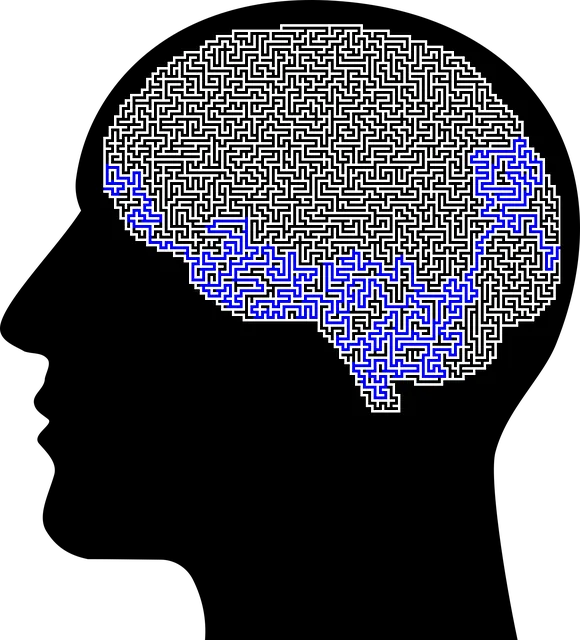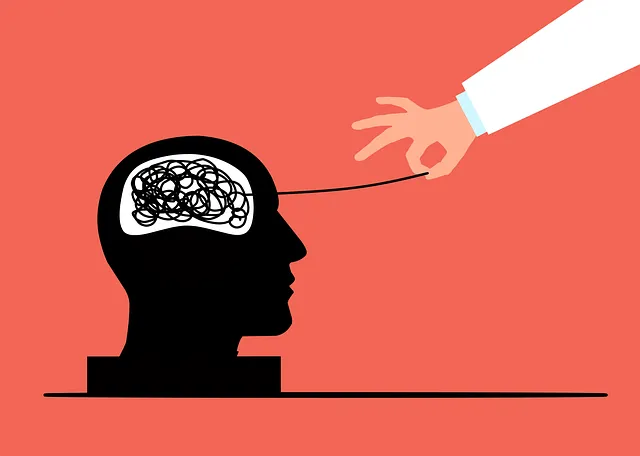Kaiser Permanente's comprehensive Kaiser Permanente mental health coverage offers crucial support for individuals dealing with loss, grief, and bereavement. Their holistic approach includes counseling services, mindfulness meditation, and online programs, fostering emotional well-being through cultural sensitivity and specialized training. This superior care equips members with tools to navigate their unique grief processes, promoting resilience and enhancing overall mental wellness.
Loss, grief, and bereavement counseling are essential tools in navigating life’s most difficult times. This comprehensive guide explores understanding loss, the grieving process, and the vital role counseling plays in healing. We delve into how professional support can help individuals cope with their emotions and find solace. Additionally, this article highlights Kaiser Permanente’s mental health coverage, offering insights for those seeking superior support. Discover effective strategies for healing and learn where to find the best resources for your journey.
- Understanding Loss, Grief, and Bereavement: A Comprehensive Overview
- The Role of Counseling in Navigating Difficult Times
- Kaiser Permanente Mental Health Coverage: What You Need to Know
- Strategies for Healing: Coping with Loss and Finding Support
Understanding Loss, Grief, and Bereavement: A Comprehensive Overview

Loss, grief, and bereavement are complex human experiences that can significantly impact an individual’s emotional well-being. Understanding these concepts is crucial in providing effective support to those going through difficult times. Loss refers to the absence or removal of something valued, such as a loved one, while grief is the intense emotional response to loss. Bereavement, on the other hand, is the period of mourning that follows a significant loss. It involves various stages, including denial, anger, bargaining, depression, and acceptance, though this process can be unique for each person.
At Kaiser Permanente, mental health coverage offers valuable resources for individuals navigating these challenging emotions. Counseling services play a pivotal role in helping people cope with grief and bereavement through cultural sensitivity in mental healthcare practice. Therapists employ communication strategies to create safe spaces where individuals feel heard and understood. Moreover, practices like mindfulness meditation can aid in managing stress, improving focus, and fostering emotional resilience during this difficult journey.
The Role of Counseling in Navigating Difficult Times

Counseling plays a pivotal role in helping individuals navigate the challenging waters of loss, grief, and bereavement. It provides a safe space for people to process their emotions, gain understanding, and develop healthy coping mechanisms. With the support of a trained therapist, one can work through complex feelings, enhance their mental wellness, and build resilience.
At Kaiser Permanente, our mental health coverage offers comprehensive access to counseling services, including specialized trauma support services tailored to meet individual needs. This superior care ensures that folks have the confidence-boosting tools necessary to confront and overcome difficult times, fostering a healthier, more balanced life.
Kaiser Permanente Mental Health Coverage: What You Need to Know

Kaiser Permanente offers comprehensive mental health coverage, ensuring members have access to superior care when dealing with loss, grief, and bereavement. Their plans include a range of services designed to support individuals through these challenging times, from individual therapy sessions to group support programs. This network-wide coverage means members can access highly trained professionals who specialize in grief counseling, helping them navigate the complexities of their emotions.
In addition to direct therapy services, Kaiser Permanente’s mental health benefits often include resources like online wellness programs and educational workshops focused on mental wellness. The Mental Wellness Podcast Series Production, for instance, provides accessible content that explores various aspects of mental health and offers practical strategies for maintaining equilibrium during difficult life transitions. Furthermore, professionals within the system are encouraged to participate in continuous training, including the Risk Assessment for Mental Health Professionals, to ensure they stay updated on best practices in grief therapy. These integrated approaches reflect Kaiser Permanente’s commitment to promoting holistic well-being, emphasizing that mental health is a crucial component of overall wellness, aligning with the core principles of Mind Over Matter.
Strategies for Healing: Coping with Loss and Finding Support

Healing from loss is a deeply personal journey, but there are effective strategies to navigate this challenging period. One crucial aspect is seeking support from understanding friends and family who can offer comfort and companionship. Additionally, joining support groups or engaging in therapy sessions with professionals like those available through Kaiser Permanente mental health coverage can provide valuable guidance. These platforms offer safe spaces to express emotions, share experiences, and learn coping mechanisms tailored to individual needs.
Embracing self-care practices is another essential technique for promoting emotional well-being during this time. This may include engaging in stress management techniques, such as meditation or exercise, which have been proven effective in reducing symptoms of mental illness. Kaiser Permanente’s resources can guide individuals through these practices, fostering resilience and helping them find moments of peace amidst the chaos. Through support and self-care, one can begin to process their grief, move forward, and eventually, find solace.
In navigating the complex landscape of loss, grief, and bereavement, professional counseling plays a pivotal role in healing. The comprehensive strategies discussed, coupled with superior Kaiser Permanente mental health coverage, offer invaluable support during difficult times. By understanding these processes and leveraging available resources, individuals can find solace and strength to move forward. Remember that healing is a personal journey, and seeking help is not only brave but essential.






